JAPAN PIONEER BRAVERY
One of the first Asian teams to open its doors to naturalized players was surprisingly Japan. Surprisingly, many people mistakenly believe that Japan always has an abundance of native talent. That is the current reality, but 30 years ago it was a different story.
During the period 1995 - 1998, Japanese football had some "founding" stars who went to Europe to play football to find opportunities, but in general, Japanese players were still far behind the world's top level in terms of stature, tactical thinking and endurance. Having coached Japanese national teams at all levels in the late 20th century, coach Philippe Troussier affirmed that players from the land of the rising sun needed to boldly go abroad to learn to be more cunning and brave, instead of playing relatively simple football.

Elkeson (Ai Kesen) could not help the Chinese team change.
That was when the door opened for naturalized players, and the country Japan "chose" to import players was Brazil - a place that the land of the rising sun has always taken as a model to follow in terms of football. In 1998, Wagner Lopes made history when he became the first naturalized Japanese player to participate in the World Cup. Four years later, it was Alessandro dos Santos (of Brazilian origin)'s turn to wear the Japanese flag to participate in the 2002 World Cup.
Fans of that time were delighted to see a Samba star among a sea of native Japanese players competing in the World Cup on home soil. With Alessandro in the squad, Coach Troussier's team advanced past the group stage of the World Cup for the first time in history...
Regarding the policy of naturalizing players, the Japan Football Association (JFA) affirmed: "The history of Japanese football development from ancient times to the present has recorded the contributions of both native players and naturalized players." Foreign stars come to the J-League, become pillars, and when they meet the conditions, they have the nationality to wear the national team shirt. There is no distinction. The Japanese national team has had 17 naturalized stars in the past 30 years. Although the legends of the Japanese national team are all native stars, the contributions of naturalized players cannot be denied, as they have helped to motivate native players to try harder, bringing experience and stature to strengthen the foundation for the team that was still immature in the "big sea" 30 years ago.
WHY DID TEAM CHINA FAIL?
In 2021, the Chinese Football Association (CFA) followed the path Japan took, which was to naturalize the brightest stars (mostly of Brazilian origin) in the national championship, to move closer to the ambition of participating in the World Cup.
Six players were granted Chinese citizenship, including Elkeson, Fernando Henrique, Ricardo Goulart, Alan Carvalho, and former Everton midfielder Tyias Browning, and Nico Yennaris, a former Arsenal midfielder. This was a time when Chinese football was in a crisis of direction, when despite appointing many high-profile coaches such as Marcello Lippi, Guus Hiddink, and former Golden Ball winner Fabio Cannavaro, the Chinese national teams still played poorly. Unable to wait for local players, Chinese football decided to take a shortcut.
However, the Chinese team still stopped at the 2022 World Cup qualifiers with the second-to-last position, and suffered painful losses at the 2019 and 2023 Asian Cups. The 0-7 defeat to Japan in the 2026 World Cup qualifiers showed that despite massive naturalization, Chinese football is still standing still, even going backwards.
Why did the Japanese team succeed when they all naturalized, while China, the Philippines, Malaysia... failed?
The problem is that Japan uses naturalized players systematically and has a clear strategy. Stars like Alessandro or Lopes are just catalysts to promote the "top". As for the roots, the Japanese strive to build a systematic football system from youth training to the top, from grassroots, school to professional, creating a solid foundation with hundreds of clubs spread across the country. Although using naturalized players, Japan does not forget to sow the seeds for native talents. To this day, Japan can stand on its own two feet, no longer borrowing the ability of naturalized players.
On the other hand, China and the Philippines are naturalizing players en masse in exchange for short-term results. International stars can solve the problem in the short term. But if naturalization is not strategic, it is just an anesthetic, helping to forget the current pain without thoroughly solving the problem. A football industry that only depends on naturalized players without building a systematic foundation will not have long-term success. The Philippines and Malaysia have returned to their original positions, while China has lost both of its first matches in the third qualifying round, meaning that its door to the World Cup is narrowing.
"Naturalized players may be a quick fix for Chinese football in the short term, but they are not a perfect solution to a chronic disease. The blind pursuit of short-term victories has closed the door to developing the football foundation that we should have consolidated," China's Global Times newspaper commented.
In general, the trend of naturalization cannot be denied, especially in football countries with limited human resources such as endurance, physical condition, speed, etc. However, naturalization also requires strategy, such as bringing in stars in which positions, serving which tournaments, and what requirements the player needs to meet. In addition, if the foundation of football such as the quality of domestic tournaments and youth training are not improved, the failure of Chinese football will be a warning to the rest. (continued)
Source: https://thanhnien.vn/bong-da-chau-a-duoc-va-mat-gi-voi-xu-huong-nhap-tich-185241001152822482.htm








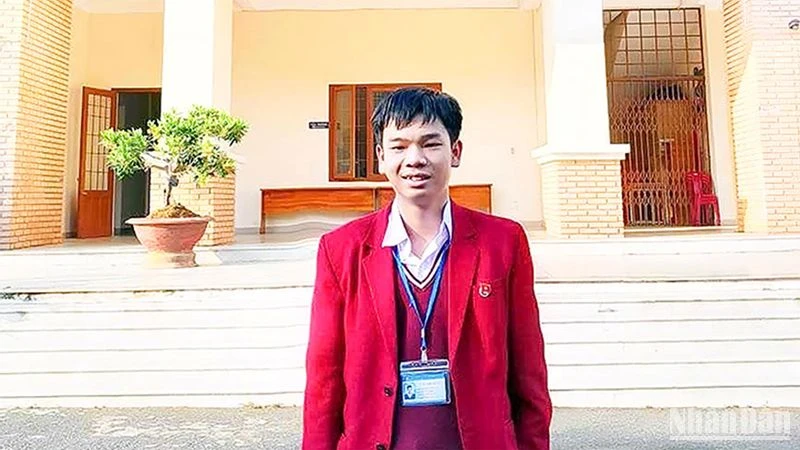


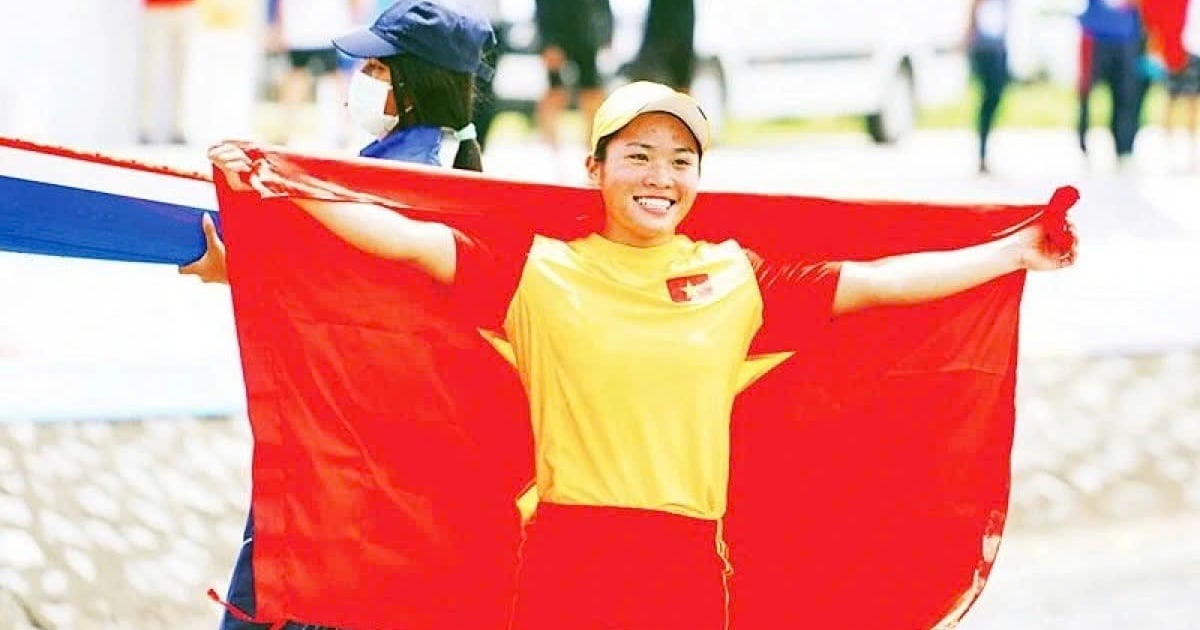




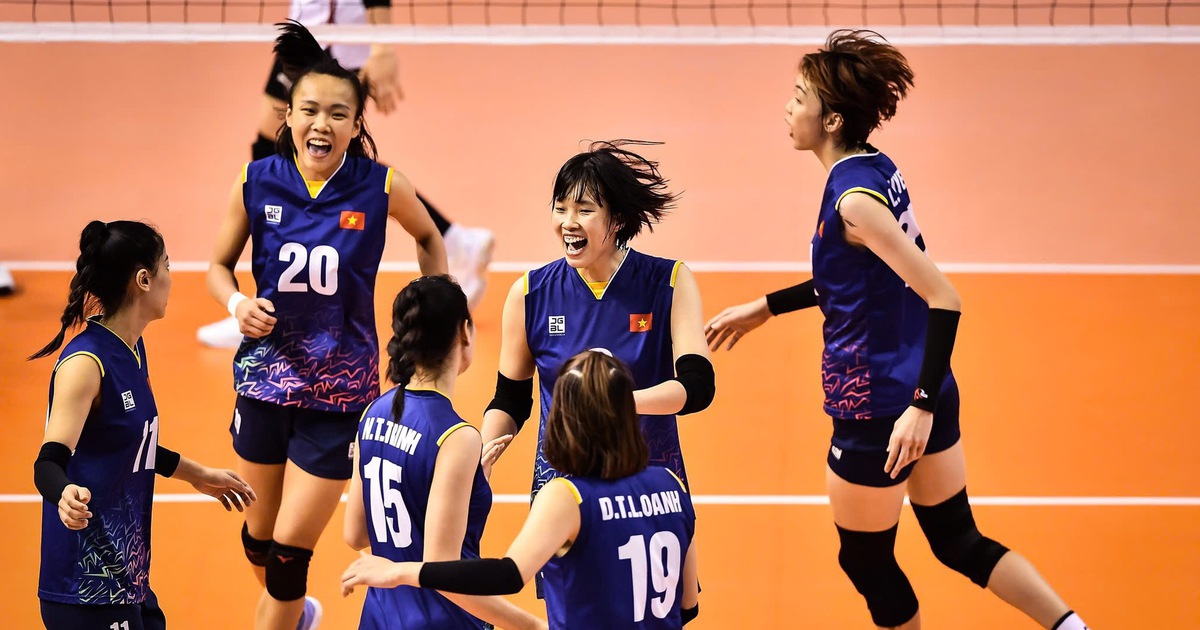
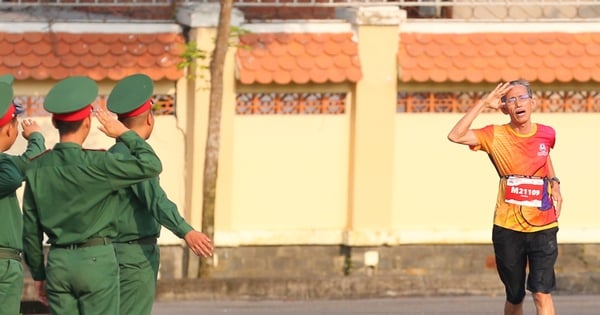








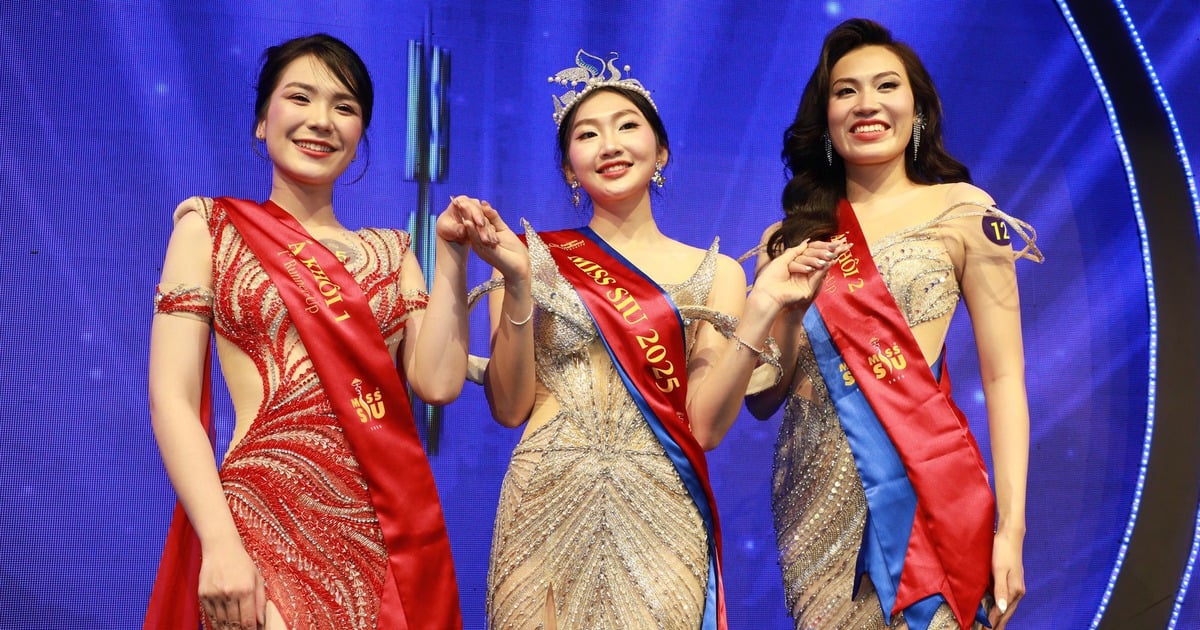





![[Photo] Prime Minister Pham Minh Chinh chairs the Government's special meeting on law-making in April](https://vstatic.vietnam.vn/vietnam/resource/IMAGE/2025/4/13/8b2071d47adc4c22ac3a9534d12ddc17)
![[Photo] Closing of the 11th Conference of the 13th Central Committee of the Communist Party of Vietnam](https://vstatic.vietnam.vn/vietnam/resource/IMAGE/2025/4/12/114b57fe6e9b4814a5ddfacf6dfe5b7f)















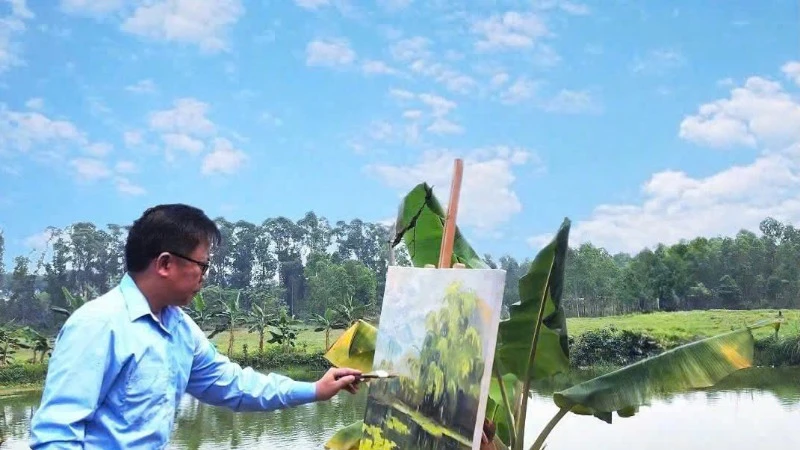











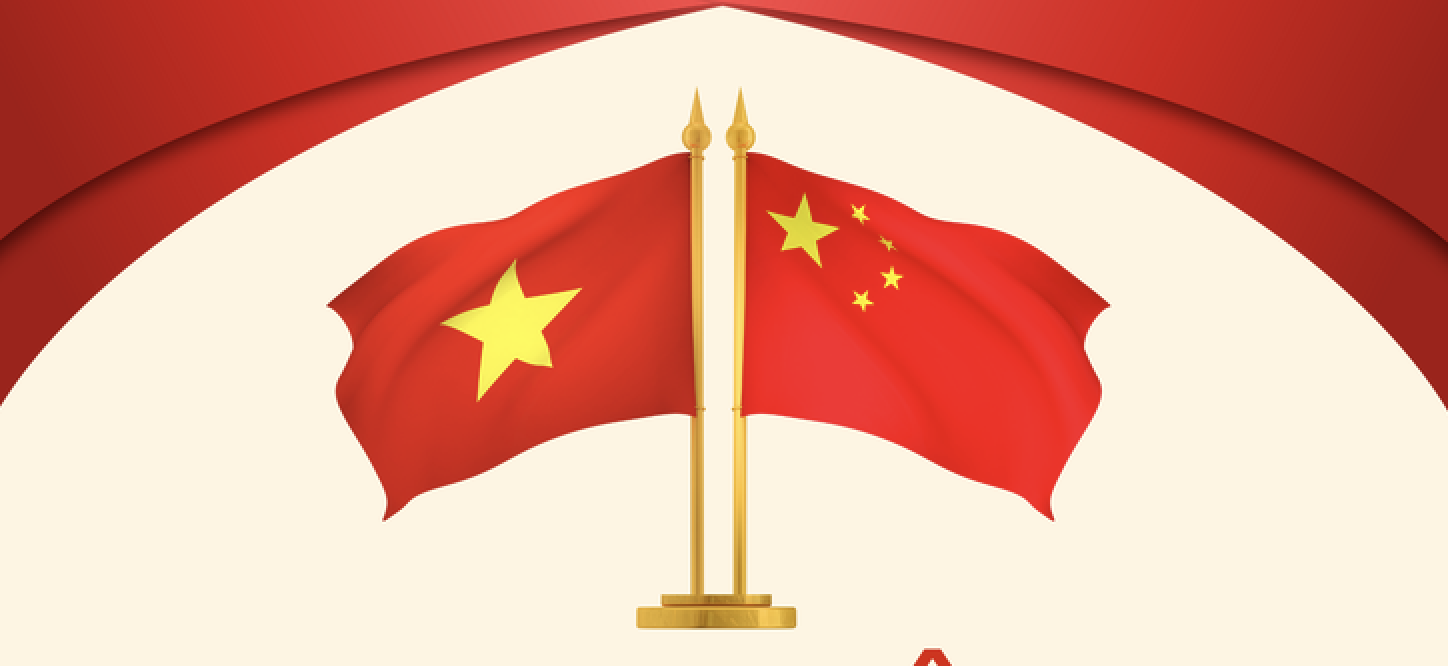












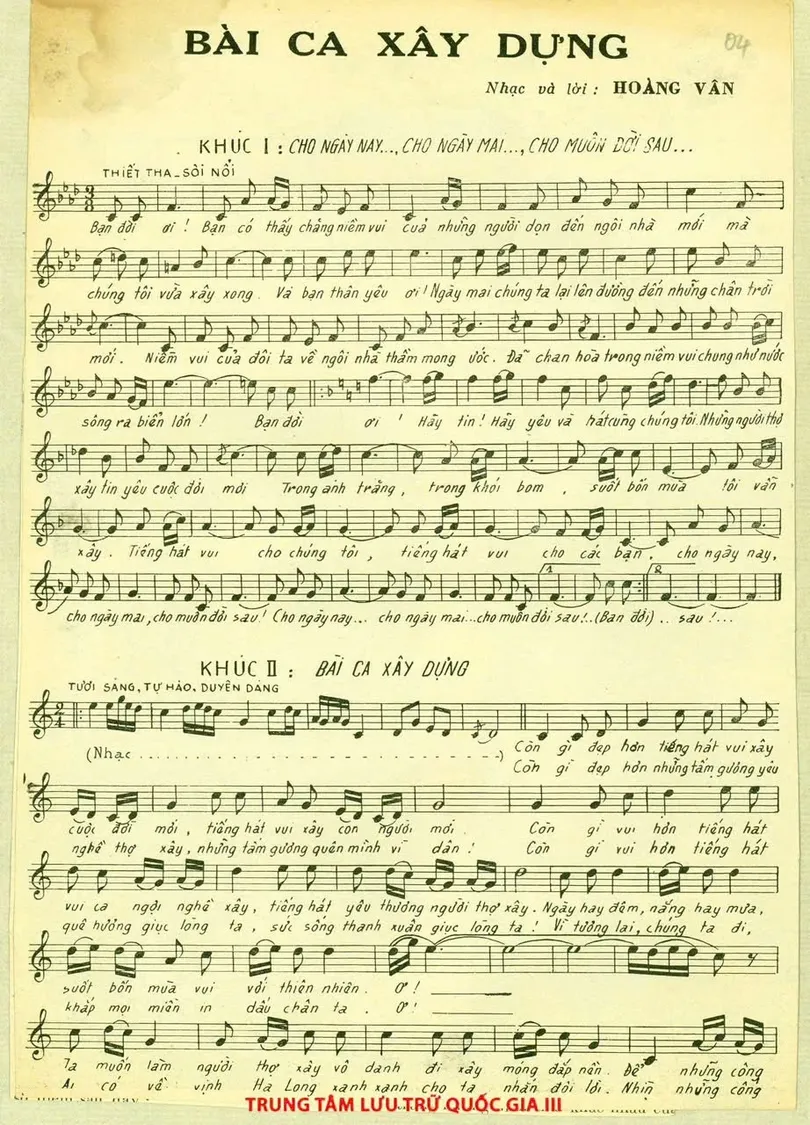





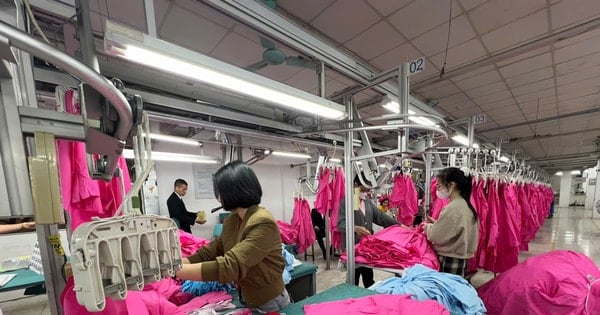














Comment (0)